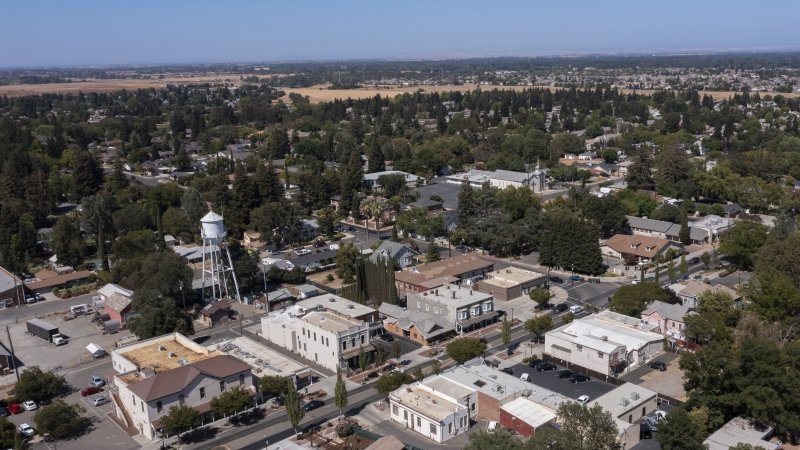Education and Testing Requirements
The Secure and Fair Enforcement for Mortgage Licensing Act of 2008 (SAFE Act) was passed in 2008 and became effective on Aug. 1, 2009. This law mandates certain requirements for people who want to become mortgage loan originators. Under the law, prospective MLOs must register with the Nationwide Multistate Licensing System (NMLS) and provide fingerprints for a Federal Bureau of Investigation (FBI) background check. They must also complete 20 hours of education in an NMLS-approved pre-licensure course that includes at least the following minimum requirements:
- Three hours of education on federal law and regulations
- Three hours of ethics education about fraud, fair lending practices, and consumer protection
- Two hours of education about the standards on lending for non-traditional mortgage.
They must also provide authorization to the NMLS for a credit check. Once the pre-licensure course has been completed, prospective MLOs must take and pass a national test created by the NMLS. A passing score on the test is 75%. The test covers the following topics:
- State laws and regulations
- Federal laws and regulations
- Ethics
- Federal laws and regulations about fraud, fair lending, non-traditional mortgages, and consumer protection
Some states also have state-specific tests that MLOs must pass before they can become licensed. The NMLS has a uniform state test that replaces the state laws and regulations section on the national test for the states that have adopted the uniform state test. Applicants in states that haven't adopted the uniform state test might have to take and pass separate state tests.
Once you have taken the pre-licensure course and have passed the national and/or state tests, you will need to meet the other licensing requirements before you can obtain your license. After you receive your license, you will need to input your license information into the NMLS database and complete eight hours of continuing education courses each year.
Insurance and Bonding Requirements
Before you can become licensed as an MLO, you must also meet your state's licensing requirements. Under the SAFE Act, you must meet the following criteria before you can obtain a license to operate your mortgage loan originating business:
- Have not had a past MLO license revoked
- Have not been convicted of any felony offenses within the past seven years
- Have never been convicted of a felony involving fraud, money laundering, breach of fiduciary duty, or dishonesty
- Demonstrate general fitness and financial responsibility
To demonstrate your general fitness and financial responsibility, most states require you to obtain insurance and a mortgage broker bond. The amount of your bond will depend on the state in which you plan to operate your business.
A mortgage broker bond is a type of surety bond, which is a contract in which the following three parties are involved:
- Principal - The mortgage loan originator who must secure a bond for licensing purposes
- Obligee - The state licensing authority that requires the bond as a licensing condition
- Surety - The surety company that guarantees the mortgage loan originator will comply with the law by issuing the bond
When you apply for a mortgage broker bond, your application will be sent through an underwriting process so that the surety can determine whether you pose too much risk or if you instead pose a low risk of potential claims. The company will be evaluating your application based on multiple factors, including your credit, experience, reputation, character, and others.
If the surety determines that you pose little risk and have excellent credit, you might anticipate receiving a quote for a low premium rate of as little as 1% of the bond's face value. By contrast, if you have marks on your credit or other issues that demonstrate risk, your application might be denied. The surety company might agree to issue a bond to an applicant with a spotty record or minimal experience but charge a higher bond premium of up to 10% or more.












